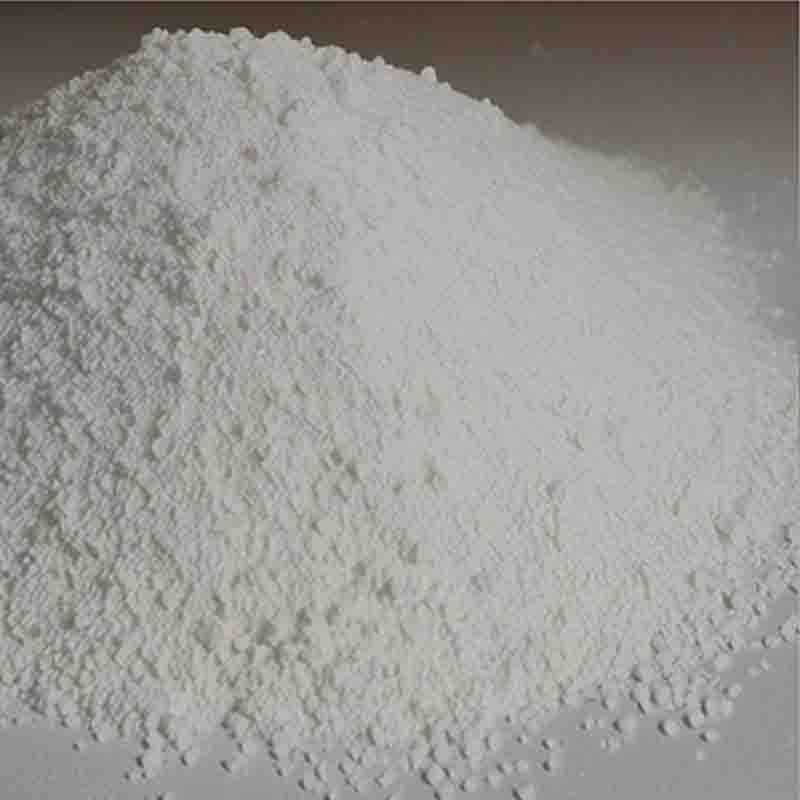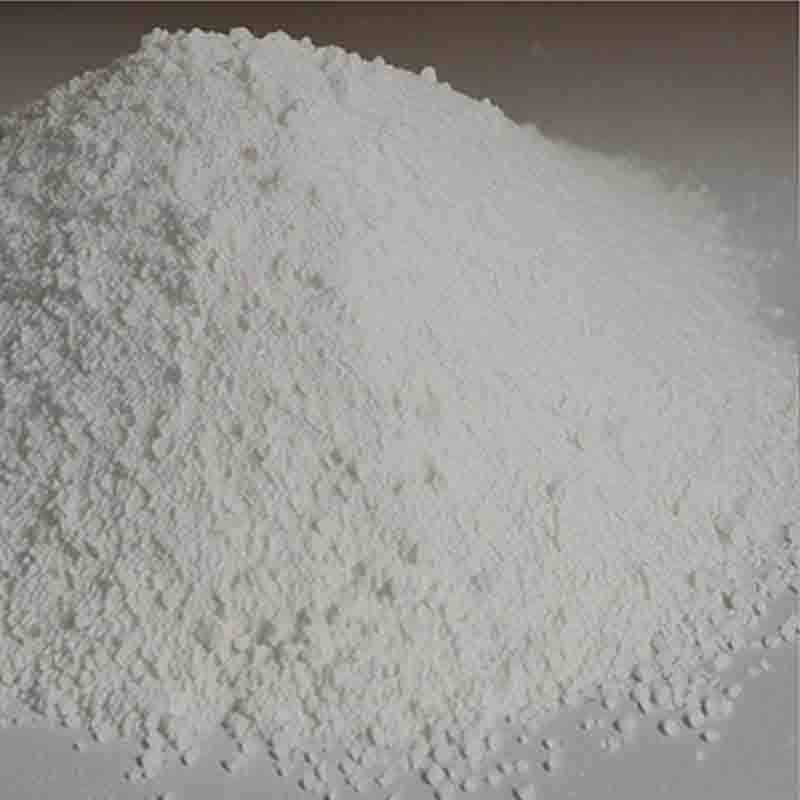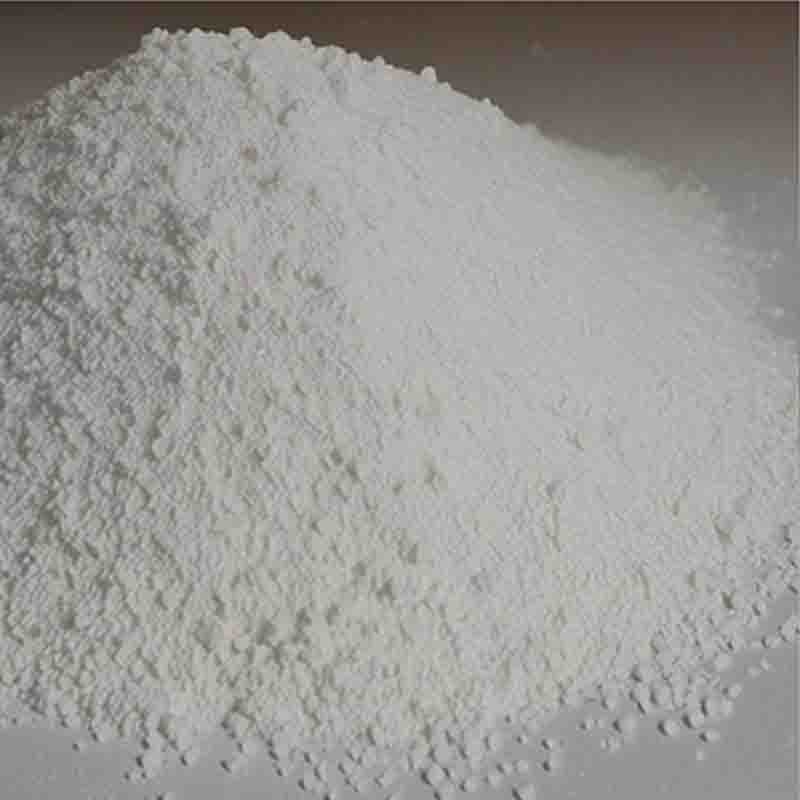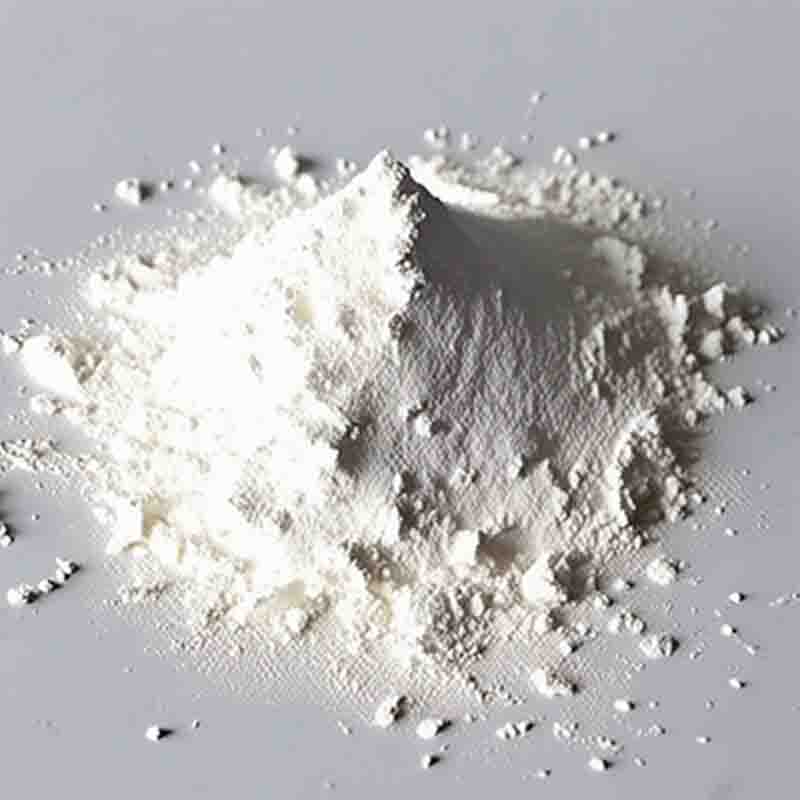5′-Deoxy-5-fluoro-N-[(pentyloxy)carbonyl]cytidine 2′,3′-diacetate CAS: 162204-20-8
| Catalog Number | XD93764 |
| Product Name | 5'-Deoxy-5-fluoro-N-[(pentyloxy)carbonyl]cytidine 2',3'-diacetate |
| CAS | 162204-20-8 |
| Molecular Formula | C19H26FN3O8 |
| Molecular Weight | 443.42 |
| Storage Details | Ambient |
Product Specification
| Appearance | White powder |
| Assay | 99% min |
5'-Deoxy-5-fluoro-N-[(pentyloxy)carbonyl]cytidine 2',3'-diacetate, also known as FNC-AcC, is a compound with potential therapeutic applications in the field of antiviral and anticancer research. It is a modified form of cytidine, a nucleoside found in RNA, and has been designed to enhance its pharmacological properties for specific medical purposes.One of the significant uses of 5'-Deoxy-5-fluoro-N-[(pentyloxy)carbonyl]cytidine 2',3'-diacetate is its application in antiviral therapy, particularly against RNA viruses. The compound works by inhibiting the replication process of RNA viruses, such as hepatitis C virus (HCV) and human immunodeficiency virus (HIV). By mimicking the structure of cytidine, FNC-AcC can be incorporated into the viral RNA during replication, leading to premature termination of the viral RNA chain and preventing the production of infectious viral particles. This mechanism of action offers potential as a therapeutic strategy to suppress viral replication and reduce viral load.In addition to its antiviral activity, FNC-AcC also holds promise as an anticancer agent. Cancer cells often exhibit dysregulated pathways that increase their reliance on nucleotide synthesis for rapid proliferation. FNC-AcC can be utilized as a prodrug, converted within cancer cells into its active form, 5'-deoxy-5-fluorocytidine (FNC). FNC is further metabolized to 5-fluorouridine triphosphate (FUTP) and, ultimately, 5-fluorouridine monophosphate (FUMP). These metabolites can interfere with DNA and RNA synthesis, resulting in cell cycle arrest and cell death. The introduction of the pentyloxycarbonyl group in FNC-AcC improves its cellular uptake, providing a more efficient means of delivering the active compound to cancer cells.Research and preclinical studies have shown promising results regarding the efficacy of FNC-AcC in inhibiting the growth of various types of cancer, including colorectal, breast, and lung cancer. Furthermore, it has demonstrated potential in combination with other chemotherapy agents, enhancing their effectiveness and reducing drug resistance.It is important to note that while FNC-AcC shows significant potential as an antiviral and anticancer agent, further preclinical and clinical trials are necessary to determine its safety and efficacy in humans. The compound's pharmacokinetics, toxicity profile, and optimal dosage still need to be elucidated. However, the early research results are encouraging, and it is believed that FNC-AcC could pave the way for the development of novel therapies for viral diseases and different types of cancer, potentially improving patient outcomes and survival rates.


![5′-Deoxy-5-fluoro-N-[(pentyloxy)carbonyl]cytidine 2′,3′-diacetate CAS: 162204-20-8 Featured Image](https://cdn.globalso.com/xdbiochems/白色粉末1296.jpg)
![5′-Deoxy-5-fluoro-N-[(pentyloxy)carbonyl]cytidine 2′,3′-diacetate CAS: 162204-20-8](https://cdn.globalso.com/xdbiochems/粉末1181.jpg)
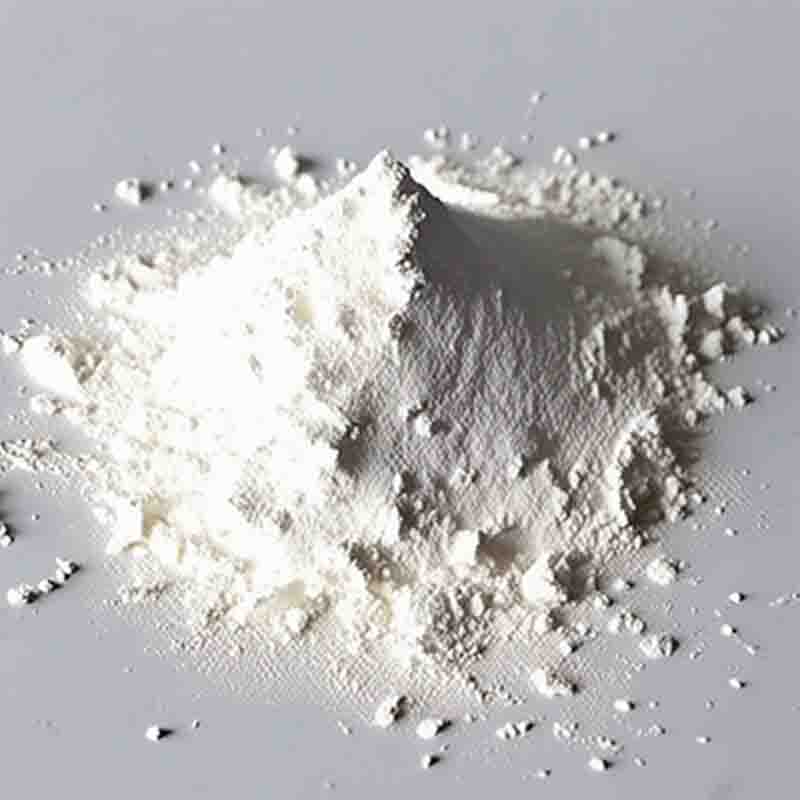
![[4-(9H-carbazol-9-yl)phenyl]boronicacid CAS:419536-33-7](https://cdn.globalso.com/xdbiochems/白色粉末21539.jpg)
